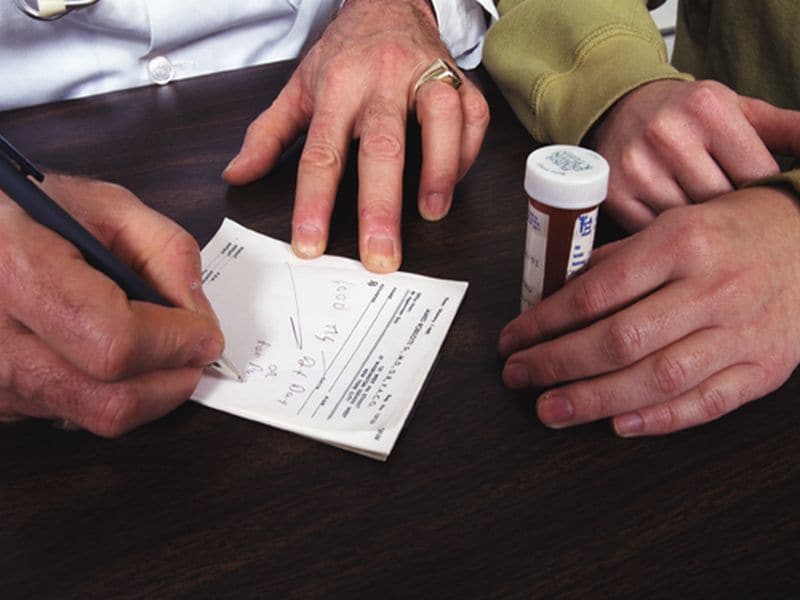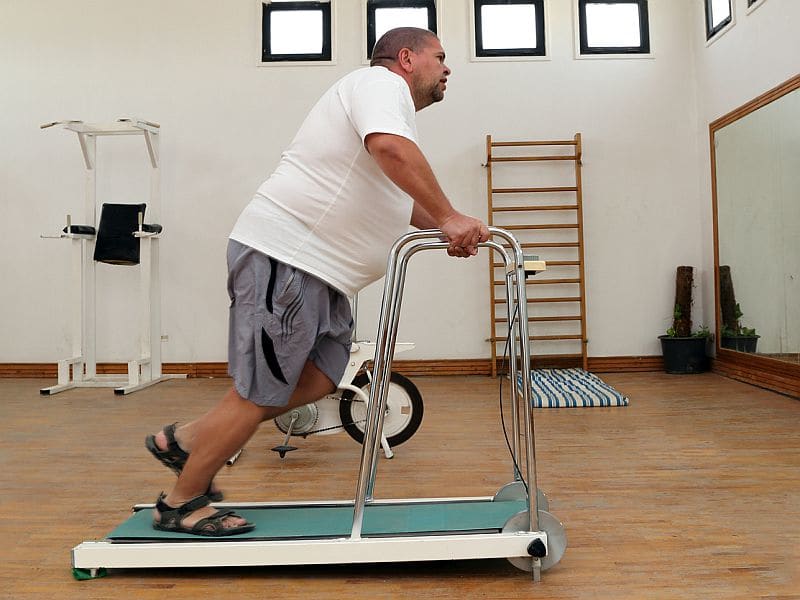
Researchers have identified what they describe as the safest, most effective short-term drug treatments for attention deficit/hyperactivity disorder (ADHD). It’s methylphenidate for kids and amphetamines for adults, according to a new study. Those conclusions are drawn from an analysis of more than 133 clinical trials that included more than 14,000 children and teens, as well… read on >




























